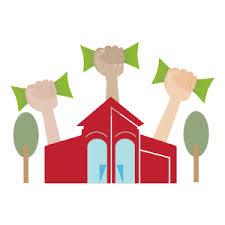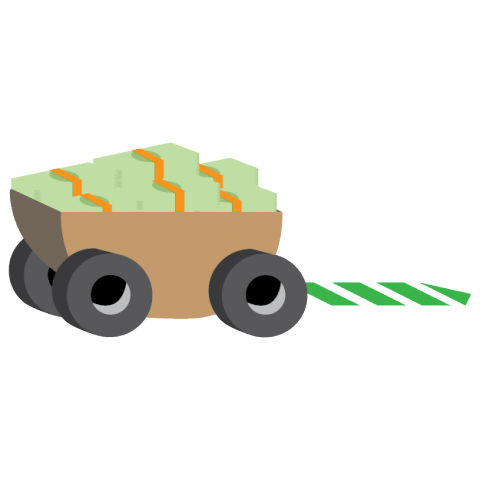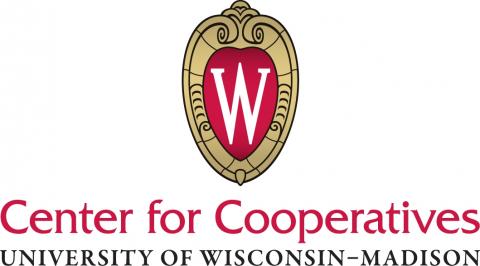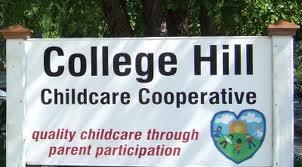As real income levels have stagnated and traditional politics remains deadlocked, communities are looking for new avenues to educate and employ themselves, from social enterprises and cooperatives to community development corporations and credit unions. Democracy Collaborative co-founder Gar Alperovitz reviews the impact of these community wealth building organizations as well as the challenges of supporting these organizations and structuring new local and national institutions that foster efficient, effective, stable, and equitable local economies.







